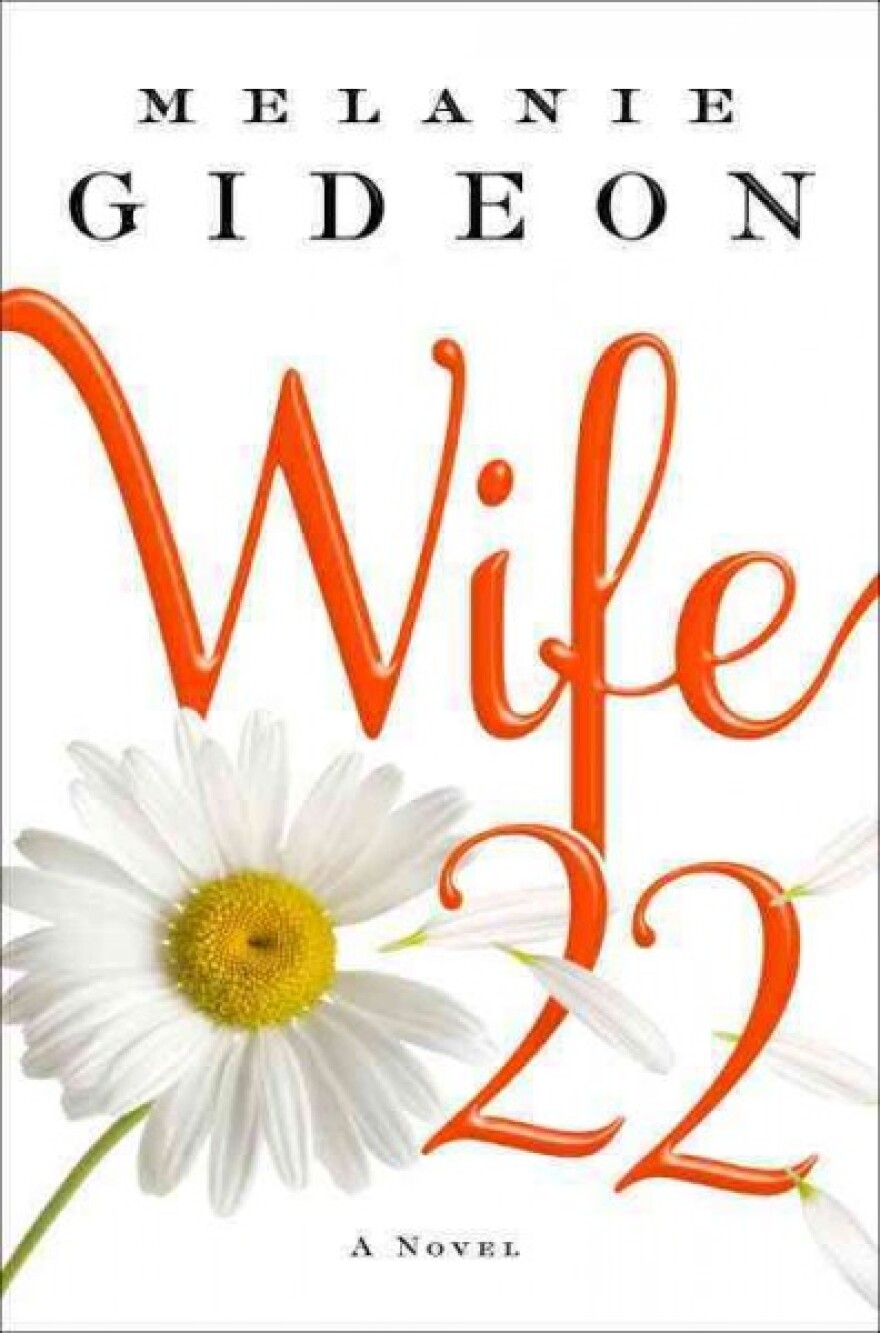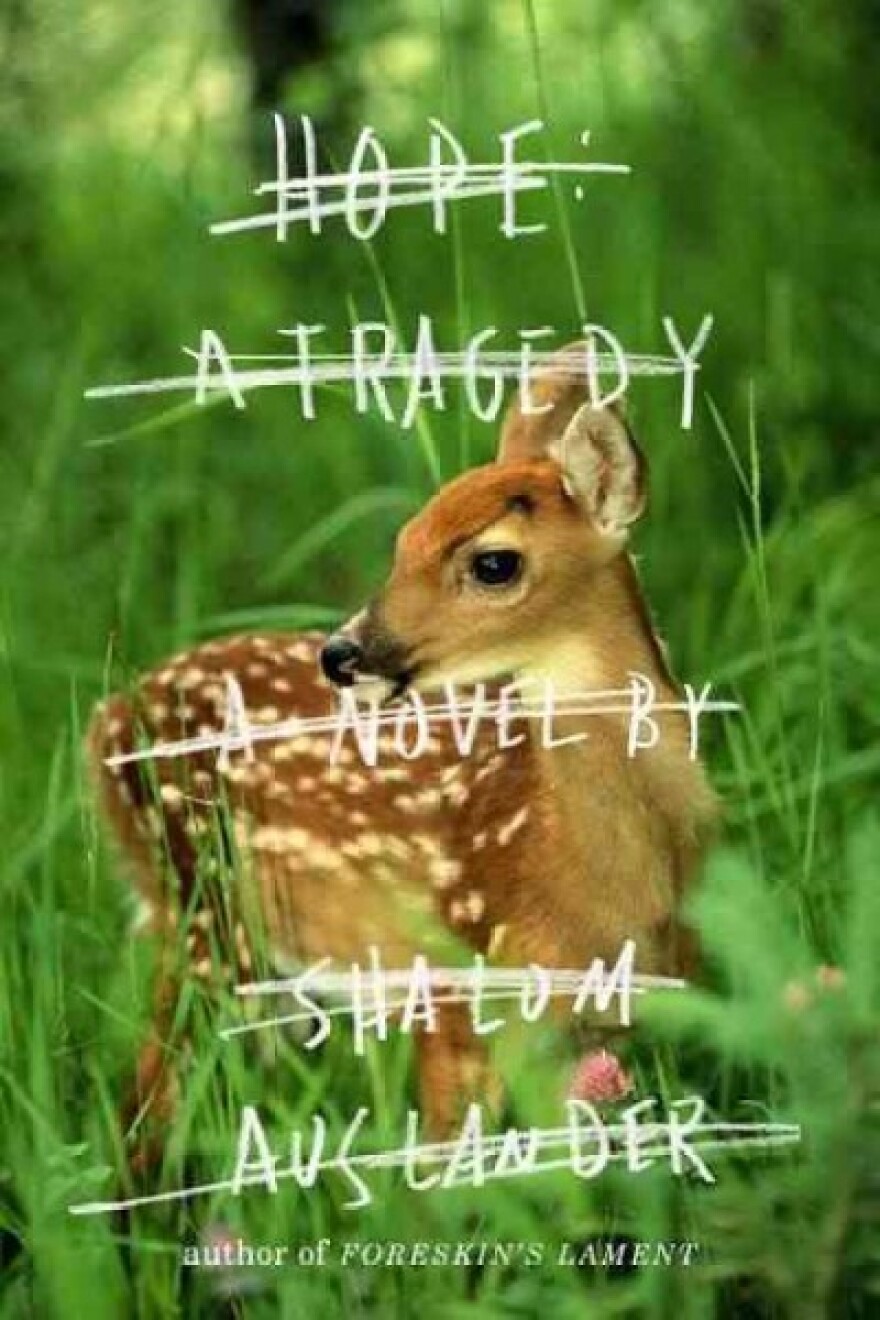It's great to laugh, but so much of what is labeled "entertainment" is, well, toothless. I'm a carnivore where my humor is concerned — I want it to have meat and bite. The following books will give you plenty to chew on if you like a bit of nourishment along with your kicks. They all offer light but not weightless takes on mostly modern dilemmas: the pitfalls of class snobbery, what to do with those expensive higher degrees, the challenges of keeping a long marriage fresh, how to live in the shadow of unfathomable evil — and why otherwise rational women willingly subject themselves to the tortures of high heels and Brazilian waxes. Their authors share the conviction that sometimes the best way to defang our troubles is by laughing at them.
Copyright 2024 NPR. To see more, visit https://www.npr.org.
Summer Books 2012: Five Funny Summer Reads
The Uninvited Guests

by Sadie Jones
Bury all preconceptions. That's the takeaway from Sadie Jones' delectable, dark twist on the Edwardian drawing room comedy. The Uninvited Guests is about a weekend house party celebrating the eldest daughter's 20th birthday in a down-at-heels English country manor. When dozens of traumatized, ghoulish third-class passengers seek refuge after a local train wreck, what was supposed to be an elegant dinner party turns into a phantasmagorical mashup evoking Noel Coward, Agatha Christie, The Twilight Zone, Downton Abbey and Shakespeare's A Midsummer Night's Dream. The lone upper-class passenger, a not-so-gentle gentleman who has a troubling history with the ever-wilting, twice-married lady of the house, causes the most difficulty. The ensuing, brilliantly plotted mayhem — much of which turns on class consciousness and includes a sinister parlor game and several budding romances — makes the episode with the dead Turkish diplomat in Downton Abbey seem tame by comparison.
The Sleepy Hollow Family Almanac

by Kris D'Agostino
Calvin Moretti, the Gen Y narrator of Kris D'Agostino's oddly endearing first novel, has boomeranged back home after nearly six years racking up education-loan debts. While trying to figure out what to do with his life, he's working at a preschool for autistic kids. His memorable first line — "I work with retards" — really isn't about the kids, who turn out to win his heart. And home isn't exactly a sanctuary: Calvin's father, an airline pilot, has been grounded by cancer and depression, and the family house is threatened with foreclosure. Plus, his teenage sister is pregnant. Believe it or not, D'Agostino plays all this for laughs — many of which he delivers — channeling a sort of wacky Royal Tenenbaums sensibility. The Sleepy Hollow Family Almanac takes on the grim financial realities affecting 20-somethings today with both cutting humor and warmth.
Wife 22

by Melanie Gideon
Melanie Gideon hits the refresh button on midlife crises with this comedy of manners about an Oakland couple increasingly estranged by electronic media as they approach their 20th anniversary. Bored and vaguely discontented with her life, Gideon's appealing narrator takes part in an online survey about the state of marriage in the 21st century, for which she's dubbed Wife 22. She finds the anonymity liberating — and her assigned researcher alarmingly attractive. Before you know it, she's up against the wall — the Facebook wall, that is, where she and Researcher 101 have set up special accounts to facilitate their flirtatious communication. Wife 22 is Gideon's follow-up to The Slippery Year, her sparkling book of personal essays, also about middle-age ennui. It channels the playful but incisive vibe of Nora Ephron's You've Got Mail while exploring questions about how to keep long relationships as compelling as status updates.
How to Be a Woman

by Caitlin Moran
"These days, sexism is a bit like Meryl Streep in a new film: Sometimes you don't recognize it straightaway," hyper-articulate London Times columnist Caitlin Moran quips in her hilarious neo-feminist manifesto, How to Be a Woman. Moran reinvigorates women's lib with her personal and political polemic, which has been called a British version of Tina Fey's Bossypants. Her tales of growing up with seven siblings in a tiny three-bedroom council house where towels, money for fresh panties and privacy were in equally short supply, are a hoot. But it's her energetic outrage at such ridiculous trappings of womanhood as "investment" handbags, circulation-cutting skimpy underwear and torturous stilettos that had me trying to tone down my guffaws in the subway. My advice is to read the section on bikini waxes in private: "They're making us pay for maintenance and upkeep of our lulus, like they're a communal garden," she rants. "It's a stealth tax." The self-proclaimed upbeat feminist assures us that she's "neither 'pro-women' nor 'anti-men.' I'm just 'thumbs up for the 6 billion.' "
Hope

by Shalom Auslander
Shalom Auslander's novel, Hope: A Tragedy, is as outrageously funny and wildly transgressive as his memoir, Foreskin's Lament. His subject is nothing less than the audacity — and insanity — of hope in a world where atrocities like the Holocaust occur. His hero, Solomon Kugel, is caught in a "miserable suffer sandwich" between his woe-is-me mother and a decrepit old lady living in his upstate New York attic who claims she's Anne Frank. With a blend of philosophical agonizing ("Life: examine at your own risk") and schtick (Sealy SwanSongs and Tempur-Pedic UltraPlotz deathbeds), Auslander has the chutzpah to mine the most sacrosanct, unlikely subjects for comedy, including concentration camps. His message, which applies to all of the books on this list: It's a sometimes grim world we live in. How do you find your way through the darkness? With humor, which beams like a flashlight.



